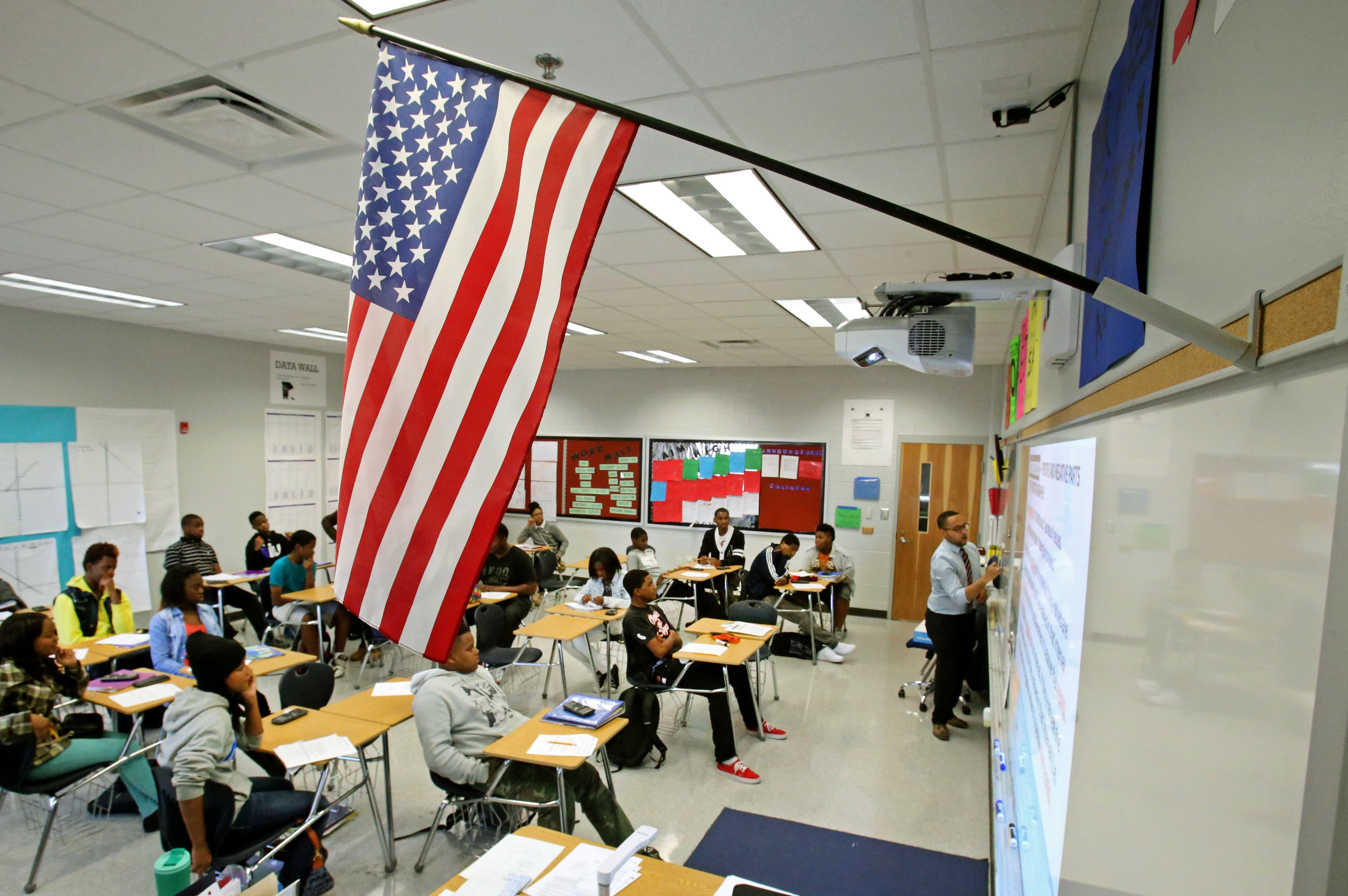Black students in Gwinnett schools face highest rates of discipline

Gwinnett County Public Schools has long faced scrutiny over equity in discipline. The issue has led to lawsuits, rallies and the formation of civic groups. It’s been a major element of campaign platforms.
Data presented at a recent school board meeting shows that Black students face a larger share of discipline than the overall student body.
“The goal is to have zero disproportionality,” Superintendent Calvin Watts said. That won’t be possible immediately, but he said the district is working on that goal along with reducing the number of incidents.
Fewer students are being suspended this school year compared to two years ago. Disciplinary incidents were significantly lower last school year when classes were virtual because of the pandemic.
This academic year, 5.7% of Black high schoolers have received out-of-school suspension versus 2.2% of their white classmates. Among all high school students, 3.9% have been suspended out of school.
Across all grade levels, the percentage of Black students who faced discipline is higher than any other racial or ethnic group, according to a recent school board presentation.
The school system is the state’s largest district, with about 180,000 students. About 33% of students are Black, 33% Latino, 18% white and 11% Asian, according to district data.
Last year, the district reported that Black students accounted for 44% of suspensions from school and 39% of suspensions in school.
“We’re still very appreciative of this data, but it begs the question, ‘What are we gonna do with it, and what’s next?’” board member Everton Blair Jr. said at a recent meeting.
Blair asked about identifying trends and if certain behaviors or discipline contribute to later issues. Debbie Durrence, the district’s chief data officer, said that level of analysis is complex, but the district is working to develop it.
“We have students in our school system who have experienced injustices,” Board Chair Tarece Johnson said. She said understanding root causes of the incidents would help with developing alternative interventions to discipline.
Students should “feel they have another chance if they make a mistake,” she said.
Watts said addressing inequity will require work on many fronts, including training and changing the culture around student discipline. He also said there’s a lot of work to be done to restore relationships that have been damaged.
The board typically reviews and potentially updates the student and parent handbooks and the student code of conduct each spring.
Gwinnett County Public Schools
The following is the demographic makeup of the student population in the state’s largest school district:
- Black: 33%
- Latino: 33%
- White: 18%
- Asian: 11%
- Multiracial: 4%
- Native American: 0.2%



